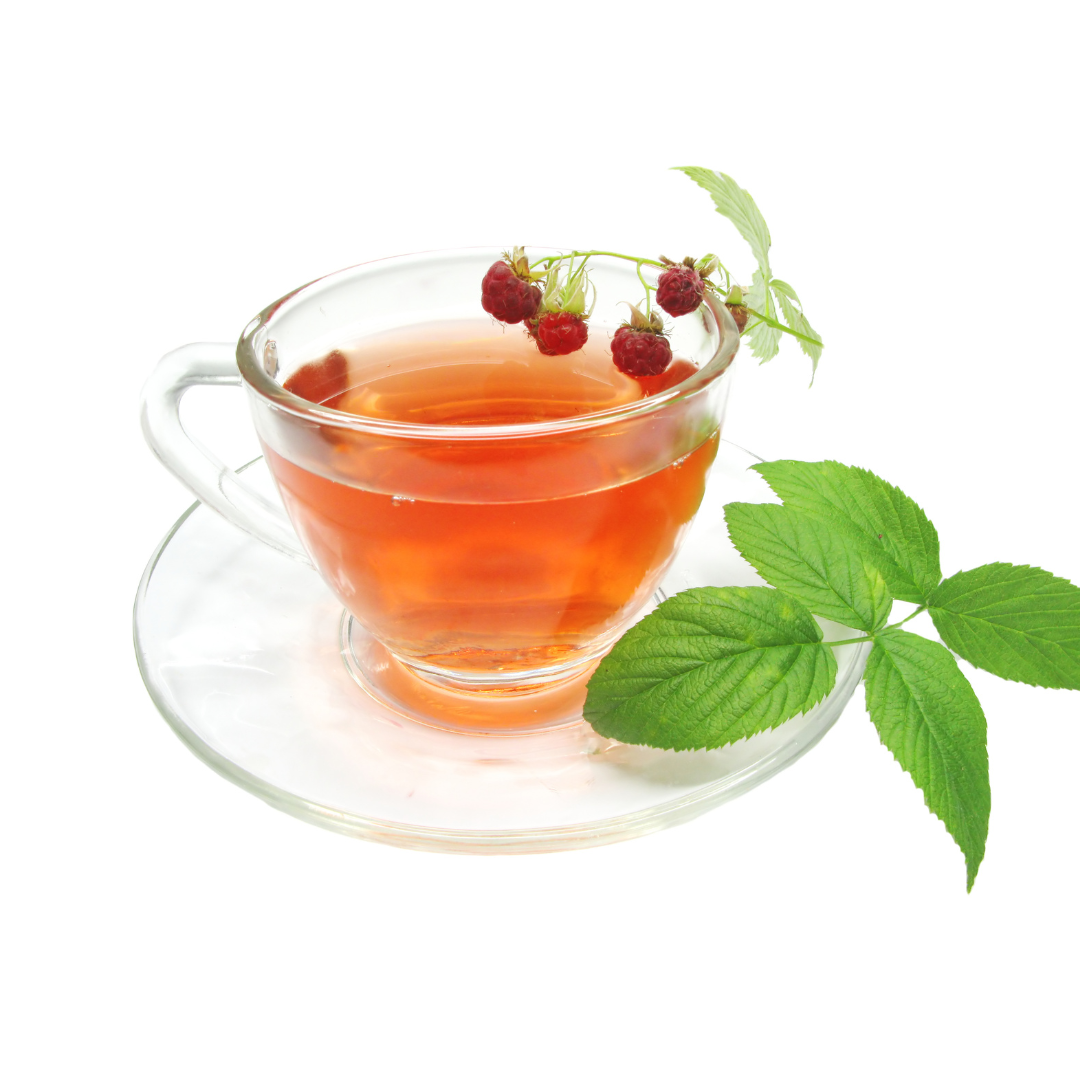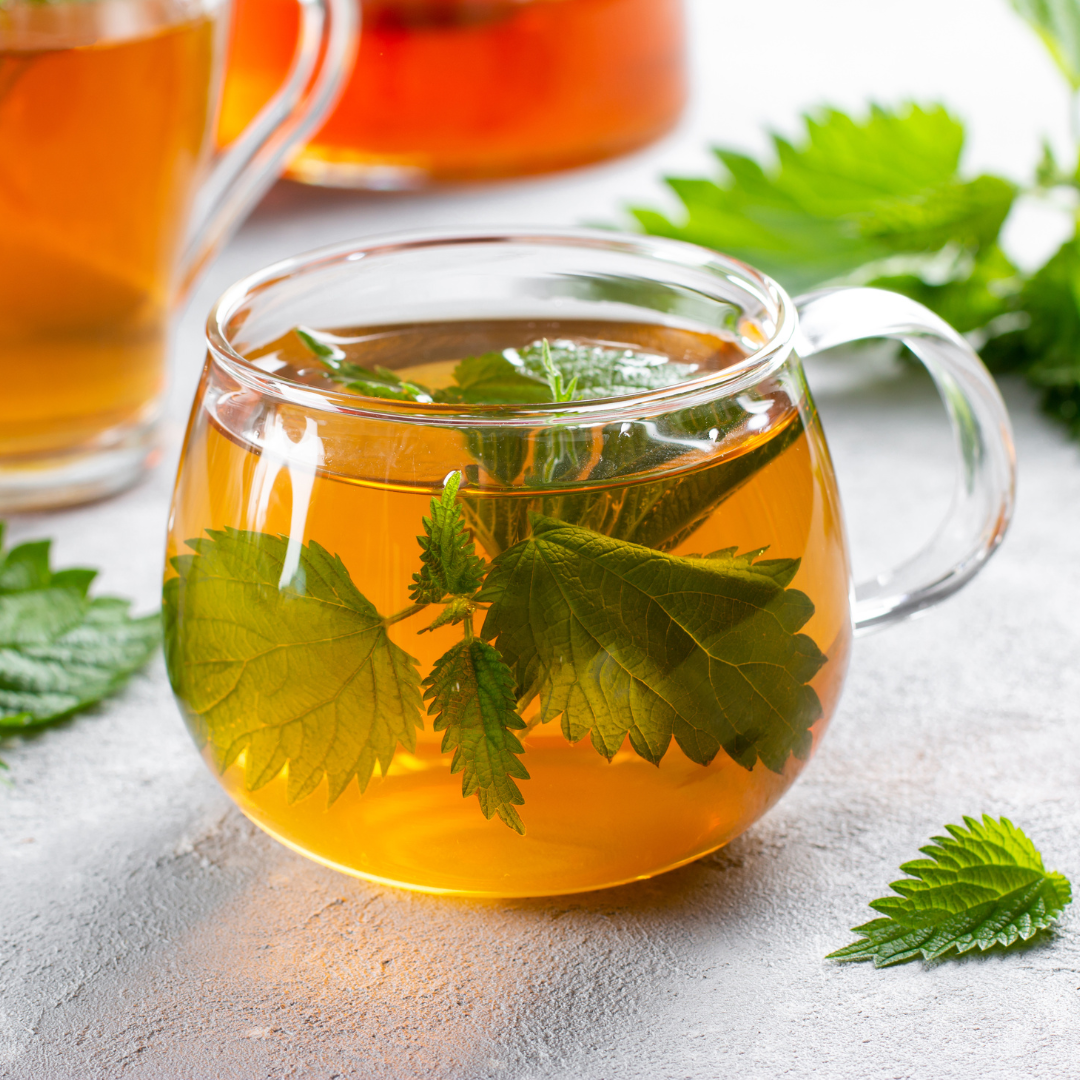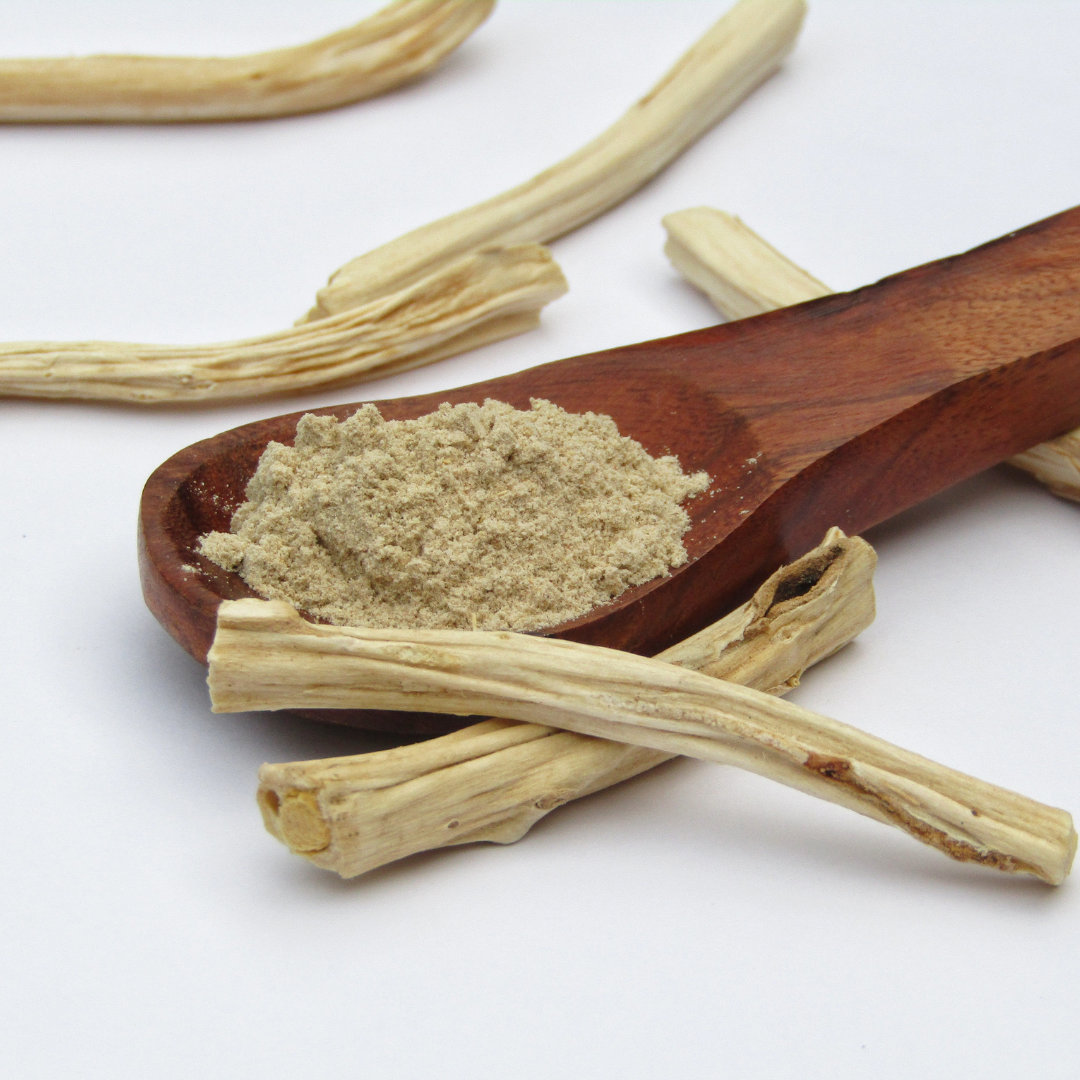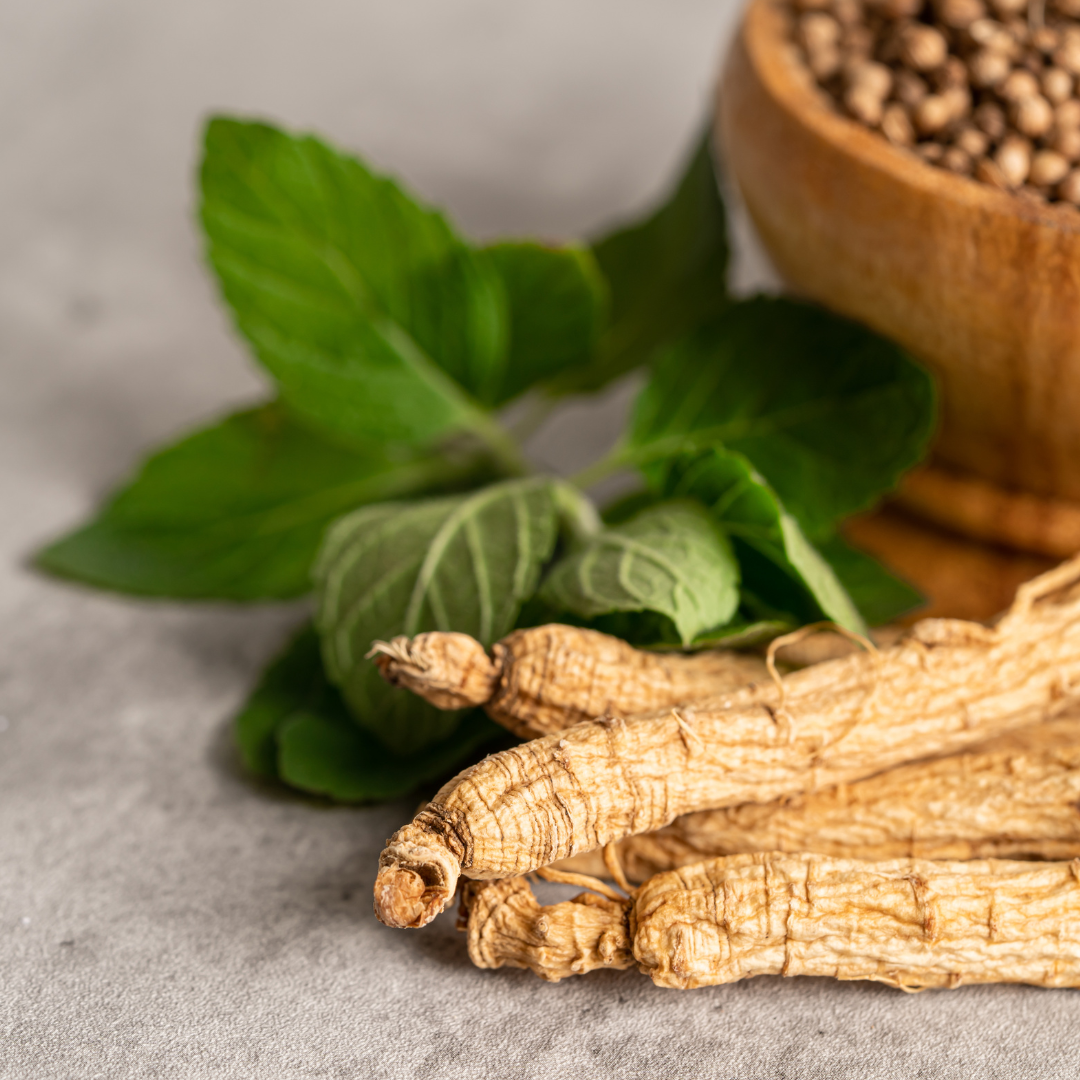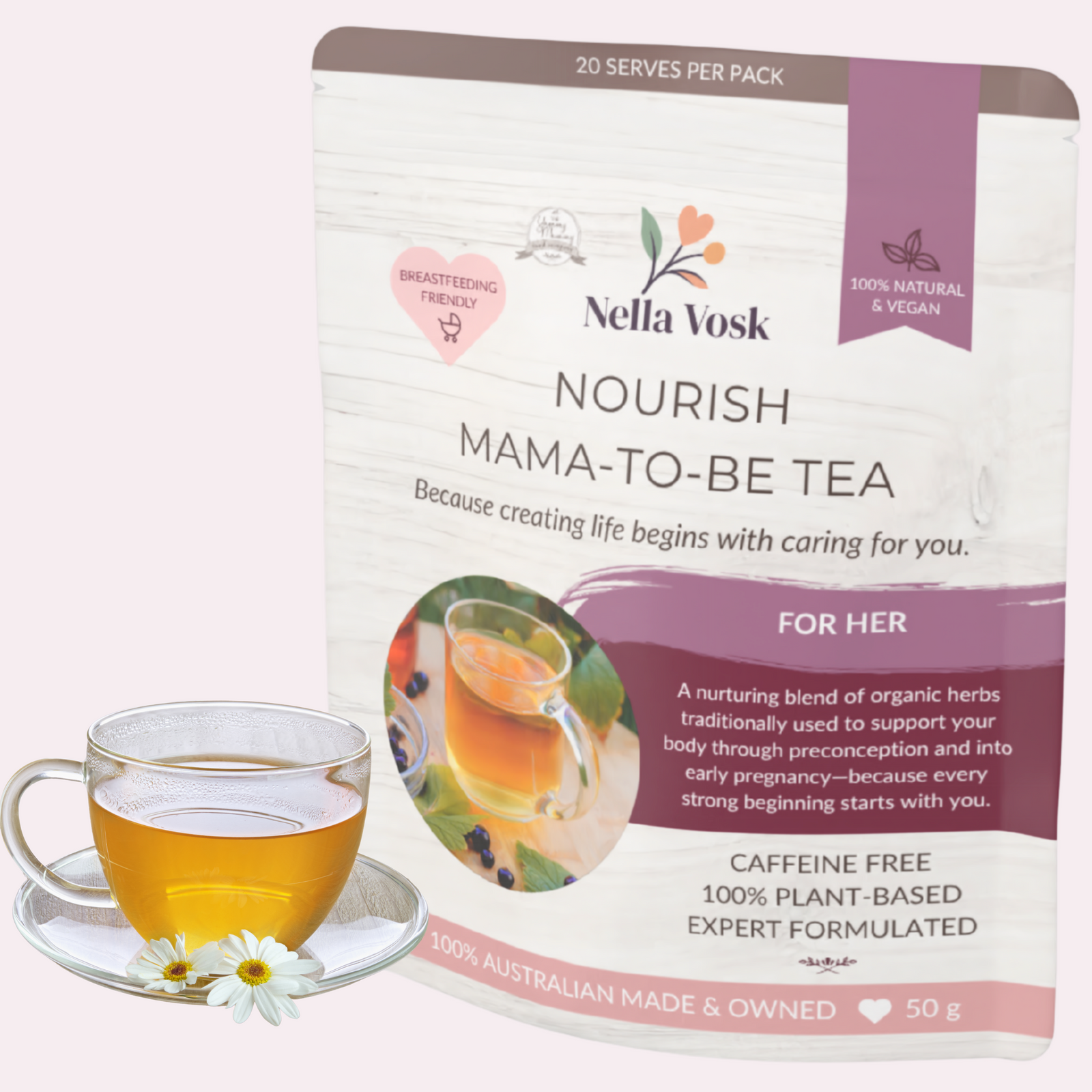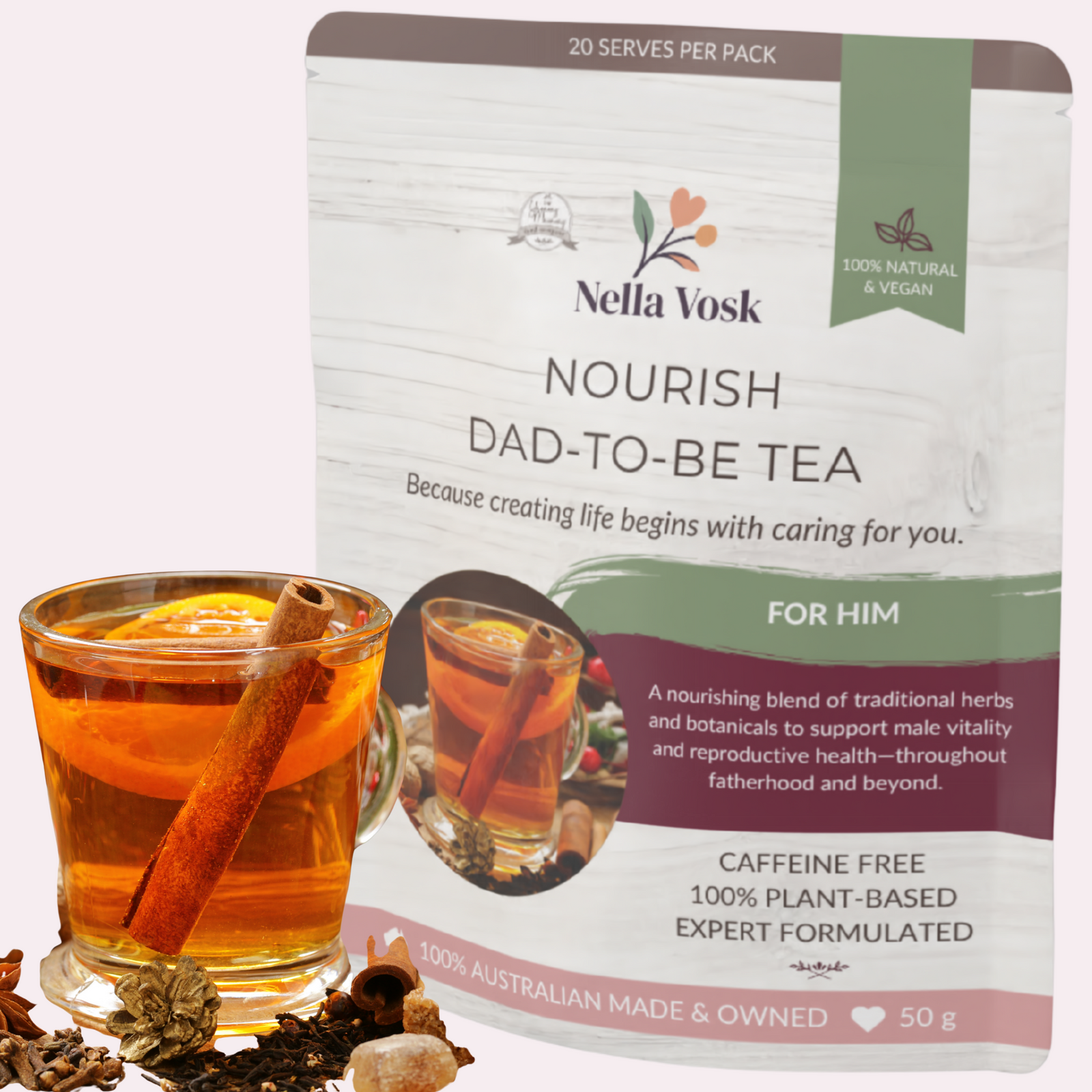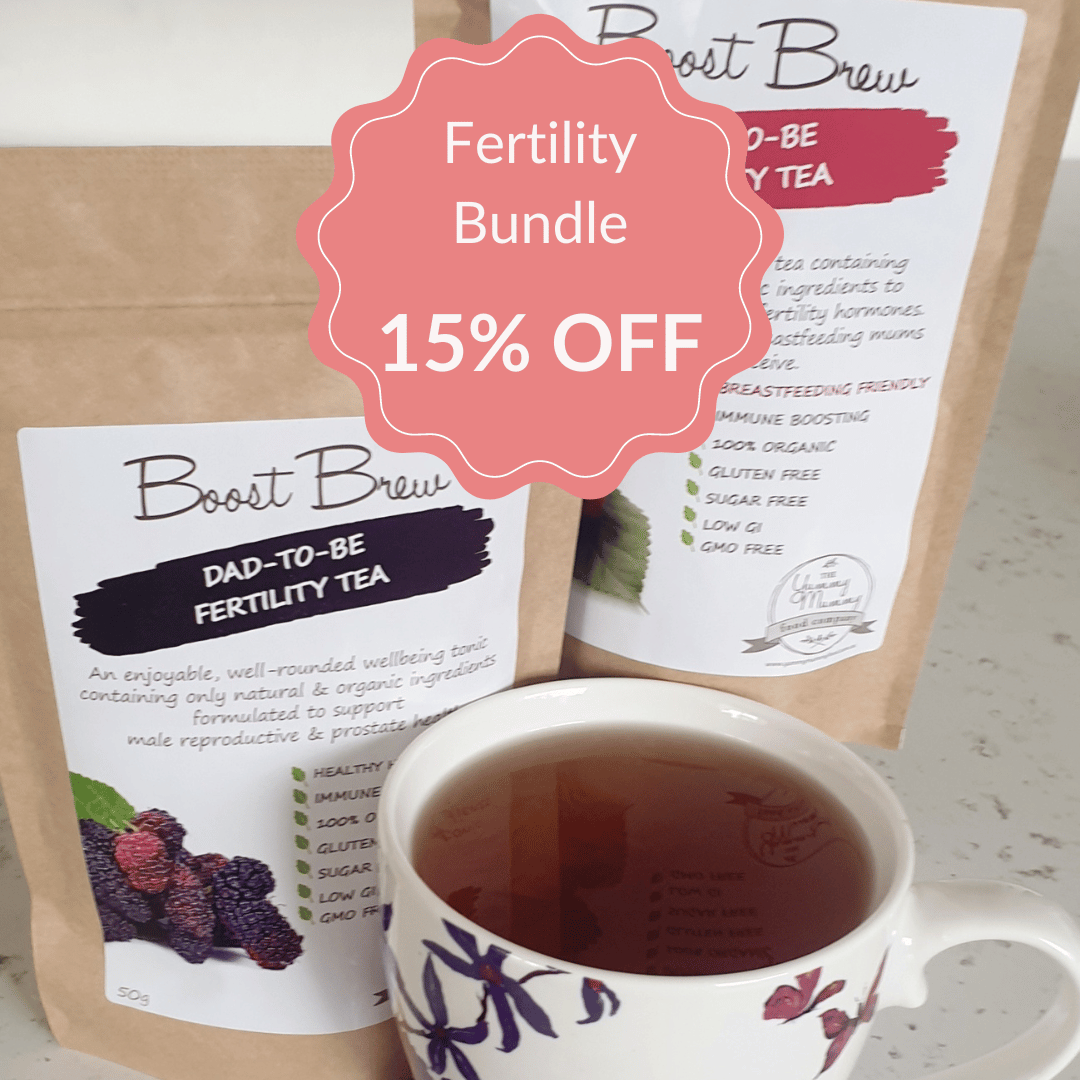Best ever bamboo pjs. So soft, comfy, wash & dry well. Have been buying these for years. My grandson does not have excema, he just loves how you can cover your fingers & your toes are also covered.
I have been buying these pjs as they really are comfy and help my daughter to scratch less at night.
These mitten sleeves work well to reduce nail scratching damage, but they would make damage of rubbing worse. Our infant rubs so these don't work for him. Sizing wise it fits slightly loose for our infant, but he was small so may fit bigger build child better.
I have been buying these PJ’s since grandson was a baby! He is now 7 & still loves them. So soft, mittens are great. They wash & dry well. Good quality material
I have been buying these sleep pyjamas for years. They are SO comfy. My grandson loves them. Even though he does not have excema ( they are made for) they are so soft & the cuffs fold over to keep hands warm. Will be buying them forever




